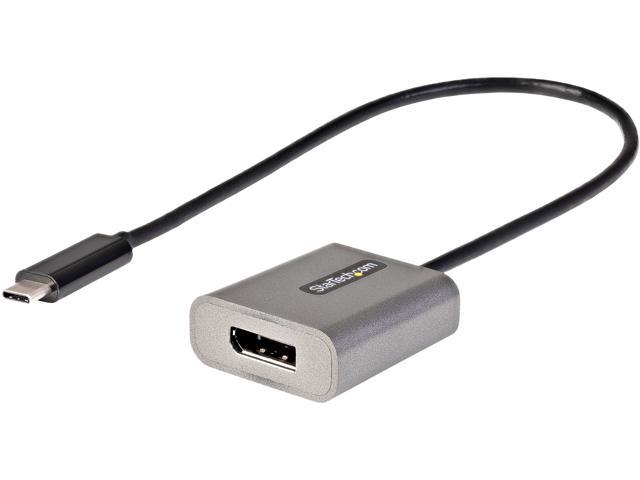Publisher’’s Note: Products purchased from Third Party sellers are not guaranteed by the publisher for quality, authenticity, or access to any online entitlements included with the product.
Resonators act as a frequency reference or to filter specific frequencies. Used in such products as cell phones or computers, resonators will allow the user to take advantage of high bandwidths to process and send greater amounts of data. When used in medical devises such as MRIs they can detect microorganisms and biological molecules. The dilemma that Researcher face when building these micro resonators is that the smaller a resonator gets the less reliable it becomes. Based on his research at Cornell University, the author employs current modeling and fabrication technologies to bring a solution to this seemingly insurmountable problem one step closer. Microresonators are fundamental components in a host of MEMS applications beginning with the auto sector (safety systems, stability and rollover, occupant detection, tire pressure monitoring, biometric sensors for comfort programs), to the telecommunication industry (especially the radio-frequency domain with implementations such as switches, tunable capacitors and mechanical filters implemented in wavelength division multiplexing. Different research and development groups in

243.95 CAD
Buy Now













